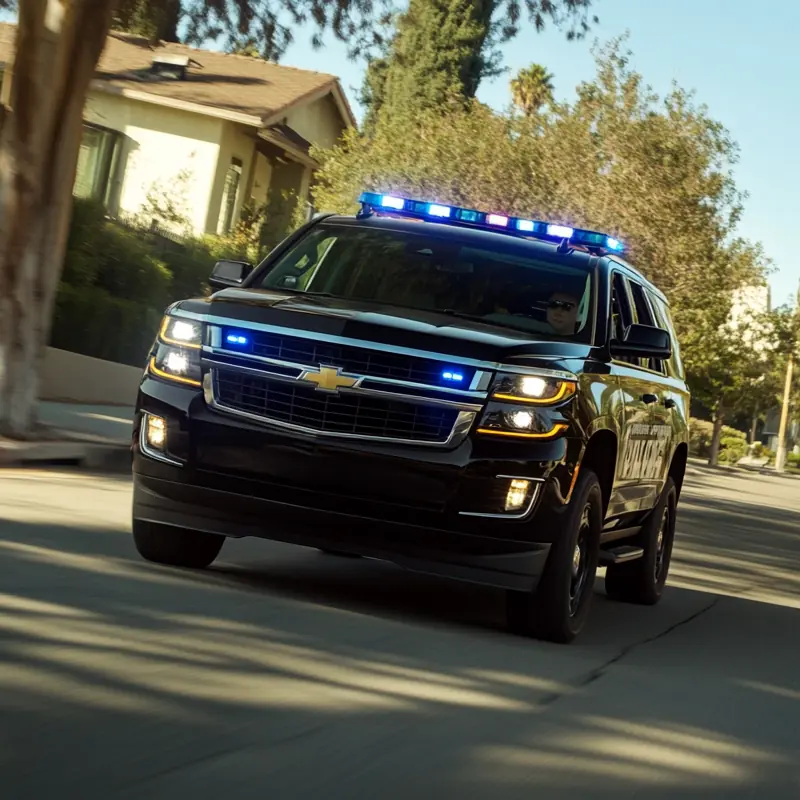If you are questioned or arrested, remain calm, polite, and silent—and ask for a lawyer immediately. Contact us to schedule today.
Interacting with law enforcement can be intimidating, whether you are stopped on the street, pulled over while driving, or approached for questioning. Many people are unsure about their rights and obligations when dealing with the police. Understanding your rights is crucial to protecting yourself from self-incrimination and unlawful searches or arrests.
📞 If you or a loved one needs legal representation, contact Schierer & Ritchie, LLC for expert defense advice.

Your Right to Remain Silent
Under the Fifth Amendment of the U.S. Constitution, you have the right to remain silent to avoid self-incrimination. This means:
- You do not have to answer questions from the police, except in specific situations (which we’ll cover below).
- You must verbally invoke your right to remain silent, such as by saying, “I am invoking my right to remain silent and I want to speak to a lawyer.”
- Refusing to answer questions cannot be used against you in court.
Illinois law upholds this right, and courts have ruled that remaining silent does not imply guilt. (Miranda v. Arizona, 384 U.S. 436 (1966)
Do You Have to Give Your Name to the Police?
Illinois has a “stop and identify” law, meaning that under certain circumstances, you must identify yourself:
- If you are stopped by police on reasonable suspicion of a crime, you must provide your name.
- You are not required to answer any additional questions beyond stating your name.
- If driving, you must provide your driver’s license, vehicle registration, and proof of insurance if requested.
Failing to provide your name when legally required could result in an obstruction charge. (Illinois Compiled Statutes, 725 ILCS 5/107-14)
Do You Have to Talk to the Police if Stopped on the Street?
- If a police officer asks you questions, you do not have to answer.
- If they say you are free to go, you may leave.
- If they detain you, you still have the right to remain silent.
- If they arrest you, ask for an attorney immediately and do not answer questions without legal counsel present.
Police need reasonable suspicion that you are involved in a crime to detain you, and probable cause to arrest you. (Terry v. Ohio, 392 U.S. 1 (1968)

Do You Have to Talk to the Police If You Are Pulled Over?
If you are pulled over in Illinois, you have legal obligations:
- You must provide identification (driver’s license, registration, and insurance).
- You do not have to answer other questions about where you were or what you were doing.
- You can refuse a vehicle search unless police have probable cause or a warrant.
- If you are suspected of DUI, refusing a breathalyzer test may result in license suspension under Illinois’ implied consent laws. (Illinois Vehicle Code, 625 ILCS 5/11-501.1)
What If the Police Come to Your Home?
- You do not have to let police inside without a warrant.
- If officers have a warrant, ask to see it before letting them in.
- You do not have to answer questions if they knock on your door without a warrant.
- If you choose to speak, step outside and close the door behind you to prevent officers from seeing inside your home.
(Fourth Amendment of the U.S. Constitution)
Can the Police Lie to You?
Yes. Law enforcement officers are legally allowed to lie to you during questioning. Common tactics include:
- Claiming they have evidence that does not exist.
- Saying a witness identified you when they did not.
- Stating that confessing will result in a lighter sentence.
This is why it is crucial to remain silent and request an attorney before speaking. (Frazier v. Cupp, 394 U.S. 731 (1969)
What If You Are Arrested?
If arrested in Illinois:
- Do not resist, even if you believe the arrest is unlawful.
- Invoke your right to remain silent immediately.
- Ask for a lawyer and do not answer questions without legal representation.
- Do not sign anything or agree to deals without consulting an attorney.
Anything you say can and will be used against you in court. (Miranda v. Arizona, 384 U.S. 436 (1966)
Know Your Rights and Protect Yourself
Understanding your rights when interacting with police is critical to protecting yourself from self-incrimination or wrongful arrest. If you are questioned or arrested, remain calm, polite, and silent—and ask for a lawyer immediately.
📞 If you or a loved one needs legal representation, contact Schierer & Ritchie, LLC for expert defense advice.

